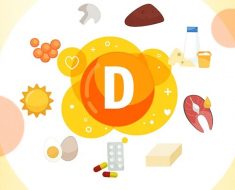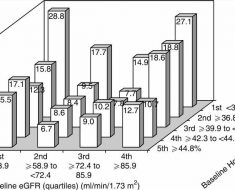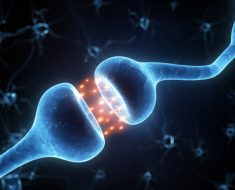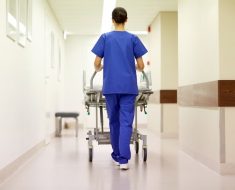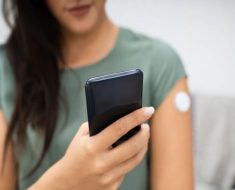NEW YORK (Reuters Health) – Solid-organ-transplant recipients may not respond adequately to standard two-dose COVID-19 vaccines, but a third dose may be the charm, according to a new study.
“The results are encouraging and give us hope that transplant patients might ultimately be able to achieve a reasonable amount of protection through vaccination,” said Dr. Dorry Segev, a transplant surgeon at Johns Hopkins Medicine, in Baltimore, Maryland.
“Although this is a relatively small study, it is the first in any population to study third doses which will no doubt be part of the approach to improving vaccine response in immunosuppressed individuals,” he told Reuters Health by email.
While antibody responses after two doses of an mRNA vaccine against SARS-CoV-2 are excellent in the general population, antibody responses in transplant recipients may be “markedly attenuated,” Dr. Segev and his colleagues team notes in Annals of Internal Medicine. And there have been reports of COVID-19 breakthrough infections in vaccinated transplant recipients, prompting interest in giving a third dose.
In their paper, the Hopkins team report antibody responses and vaccine reactions in 30 solid-organ-transplant recipients who had suboptimal responses to standard two-dose SARS-CoV-2 vaccination and subsequently received a third booster dose.
Patients received the third dose of vaccine a median of 67 days after the second dose of their initial vaccine series; 15 patients received the Janssen vaccine, nine received the Moderna vaccine and six the Pfizer/BioNTech vaccine. Antibody testing was performed a median of 14 days after the third dose.
Of the six patients with low-positive antibody levels before the third dose, all had high-positive antibody levels after the booster. Of the 24 patients with negative antibody levels before the third dose, six had high-positive antibody levels after the booster, two had low-positive antibody levels, and 16 remained negative.
“We were glad to see that those who were low-positive boosted to high-positive, and even some of those who were negative after two doses demonstrated antibody responses after a third dose,” Dr. Segev told Reuters Health.
“This sets the stage for larger studies, where we can better understand which patients will respond well to this approach and who might need a different approach, as well as studies of B cells and T cells that will inform what is happening deeper than just measurable antibodies,” he added.
Adverse reactions to the booster were relatively minor and included injection site reactions, fever, chills, headache, myalgia, and diarrhea.
One heart transplant recipient had biopsy-proven, antibody-mediated rejection seven days after the booster dose, but it’s unclear whether this was related to the vaccine.
“Our findings suggest clinical trials are warranted to determine if transplant recipients should receive COVID-19 vaccine booster doses as standard clinical practice, similar to what is currently done with hepatitis B and influenza vaccinations for this population,” first author Dr. William Werbel, an infectious diseases research fellow at the Johns Hopkins University School of Medicine, said in a news release.
“We are hoping to launch an interventional trial in the next month or two, where we will be able to offer transplant patients (who had suboptimal responses to initial vaccination) a third vaccine dose in a controlled, systematic fashion where we can carefully monitor the immune response and also any impact that these third doses might have on the transplanted organ,” Dr. Segev told Reuters Health.
The study was supported by a donation from the Ben-Dov family and grants from the National Institute of Diabetes and Digestive and Kidney Diseases, the National Institute of Allergy and Infectious Diseases and the Transplantation and Immunology Research Network of the American Society of Transplantation. None of the authors have any financial disclosures or conflicts of interest related to this study.
SOURCE: https://bit.ly/3pPshej Annals of Internal Medicine, online June 14, 2021.
Source: Read Full Article
